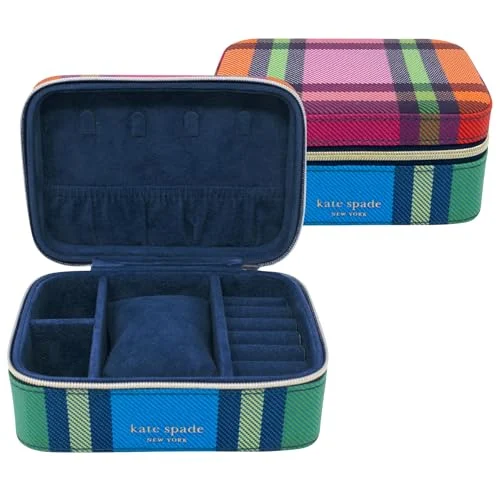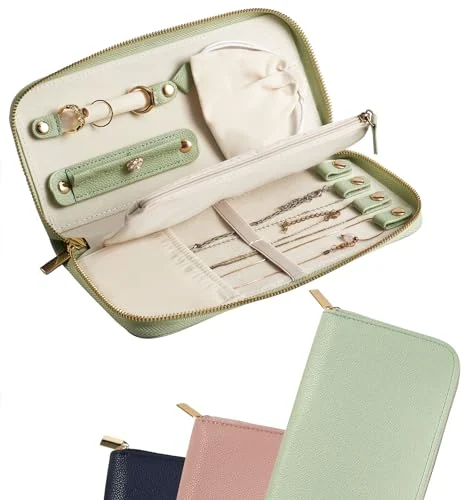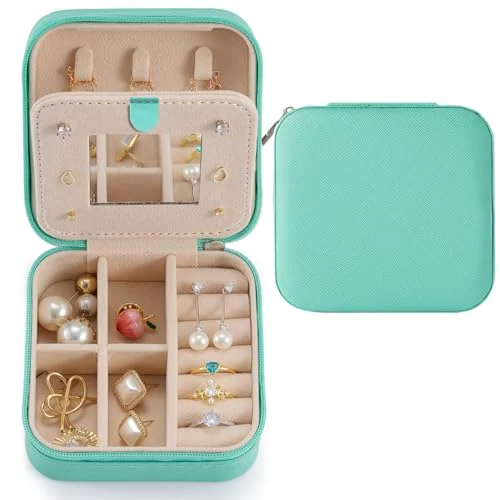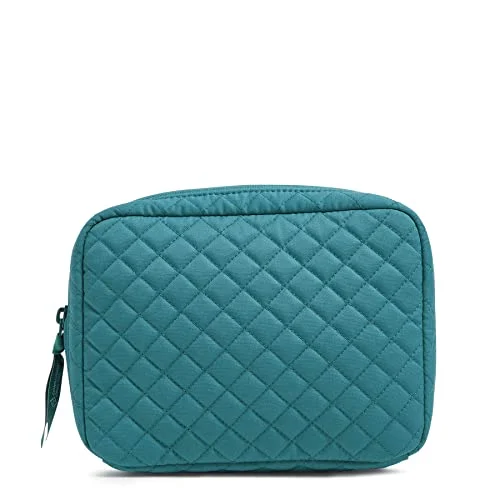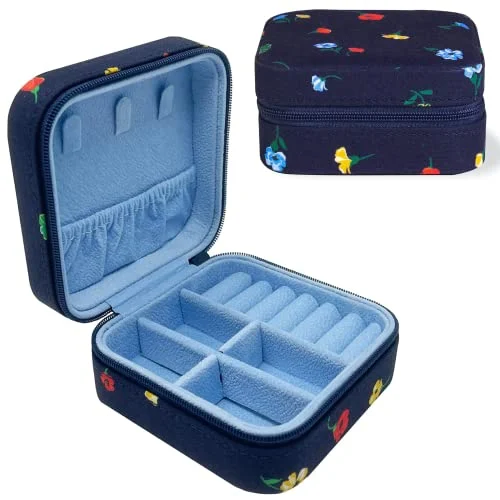Budget to Travel to Europe: Planning a trip to Europe is exciting. But it can be costly. We are here to help. Let’s talk about how to budget for your European trip.
1. Research Your Destination
Europe has many countries. Each country is different. Prices vary from place to place. Research where you want to go. Compare costs. Some places are cheaper than others.
Examples Of Cheap Countries
- Portugal
- Hungary
- Poland
- Romania
Examples Of Expensive Countries
- Switzerland
- Norway
- Denmark
- Sweden
Choose places that fit your budget. This will help you save money.
2. Plan Your Travel Dates
Travel costs vary by season. Summer is peak season. Prices are high. Winter is off-season. Prices are low. If you can, travel during off-season. You will save money.
Peak Season
- June
- July
- August
Off-season
- November
- January
- February
Plan your dates wisely. This can make a big difference in your budget.

3. Book Flights Early
Flights to Europe can be expensive. Book your flight early. This will save you money. Use flight comparison websites. Find the best deal. Sometimes, flying mid-week is cheaper. Be flexible with your dates.
Also Read
Flight Comparison Websites
- Skyscanner
- Kayak
- Google Flights
Look for deals. Sign up for price alerts. This will help you find the best price.
4. Choose Budget Accommodation
Accommodation is a big cost. But you have options. Hostels are cheap. So are guesthouses. Sometimes, renting an apartment is cheaper. Use booking websites. Compare prices. Read reviews. Find the best place for your budget.
Booking Websites
- Booking.com
- Airbnb
- Hostelworld
Stay in cheaper areas. Avoid tourist spots. This will save you more money.
5. Use Public Transportation
Getting around Europe is easy. Use public transportation. It is cheap and convenient. Trains, buses, and trams are good options. Buy a travel pass. This can save you money. Avoid taxis. They are expensive.
Examples Of Travel Passes
- Eurail Pass
- Interrail Pass
- City Travel Cards
Walk or bike if you can. It’s free and fun.
6. Eat Like a Local
Food is a big part of travel. But eating out can be costly. Eat like a local. Go to markets and street food stalls. Buy groceries and cook. This will save you money. Avoid touristy restaurants. They are expensive.
Cheap Food Options
- Street Food
- Local Markets
- Supermarkets
Try local dishes. They are often cheaper and delicious.
7. Free and Cheap Activities
Europe has many free activities. Visit parks, museums, and historical sites. Many cities offer free walking tours. Look for free events. Enjoy the local culture. This will make your trip fun and affordable.
Examples Of Free Activities
- Free Walking Tours
- Public Parks
- Museums (Free Days)
Check local websites. Find out what is free or cheap to do.
8. Set a Daily Budget
Set a daily budget. Stick to it. This will help you control your spending. Track your expenses. Use a travel app. This will keep you on budget.
Travel Budget Apps
- Trail Wallet
- TravelSpend
- Trabee Pocket
Plan your daily spending. This will help you avoid overspending.
9. Use Travel Insurance
Travel insurance is important. It can save you money. If you get sick, it will cover your costs. If your flight is canceled, it will help. Buy travel insurance. It is worth it.
Travel Insurance Companies
- World Nomads
- Allianz
- AXA
Choose a plan that fits your needs. This will give you peace of mind.
10. Exchange Money Wisely
Exchange rates can vary. Use a travel card. Avoid exchanging money at airports. They have bad rates. Use ATMs to withdraw money. They often have better rates. Check fees before you travel.
Travel Cards
- Revolut
- Wise (formerly TransferWise)
- Monzo
Keep some cash with you. But use your card when you can. This will save you money.
Frequently Asked Questions
How Much Money Do I Need To Travel Europe?
You need at least $50-$100 per day.
What Is The Cheapest Month To Fly To Europe?
January is usually the cheapest month.
How Can I Save Money On Accommodation In Europe?
Consider hostels, Airbnb, and budget hotels.
Are Budget Airlines Reliable For European Travel?
Yes, budget airlines like Ryanair and EasyJet are reliable.
Conclusion
Traveling to Europe on a budget is possible. Plan your trip. Research your destination. Book flights early. Choose budget accommodation. Use public transportation. Eat like a local. Enjoy free activities. Set a daily budget. Use travel insurance. Exchange money wisely. Follow these tips. You will have a great trip. And you will save money. Happy travels!


